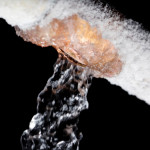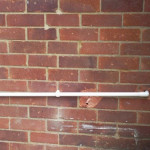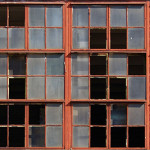With winter approaching, we’ll all be turning our heating back on. Make sure you’re getting the most efficient use out of your heating system. It’s easy to start!
Autumn is well and truly here – and so is the cold and wet weather. At the first sign of a chill, we do what is entirely natural and normal. We reach for the thermostat and whack the heating up. Unfortunately this is often the first time we realise that there is a problem with a problem, resulting in little or no heat coming through our central heating system. This is probably because your heating system has been completely off for the entire summer, and any problems are only arising now that you require heat!
You may need the boiler repaired by a Gas Safe registered engineer (used to be Corgi). Depending on the time of day, this can mean an emergency call out or an irritating delay. We therefore suggest that that you test your boiler during the day regularly during the summer months; rather than when you need it, and it’s too late to avoid emergency rates.
We also strongly recommend that you keep your thermostat set at a low temperature throughout summer, rather than totally off, something like 17 degrees, so that it is ticking over on a daily basis – this can prevent lots of problems. Occasionally, the temperature will drop low enough at night to cause the boiler to fire up and the central heating to come on. This prevents the entire boiler system lying dormant for such a long period of time and ensures that the pipework sees action on a more regular basis, flushing waste around rather than allowing it to build up in one place and clog the entire system, for example.
We also recommend you invest in an annual service. Introducing a chemical inhibitor into the system costs around £20 and is a great way to inhibit corrosion of vital metallic parts such as pipes and radiators. It also prevents scaling up of the system, and in particular the boiler. This is really important when it comes to London, where we have particularly hard water that can cause all sorts of boiler repairs requirements.







Join the conversation